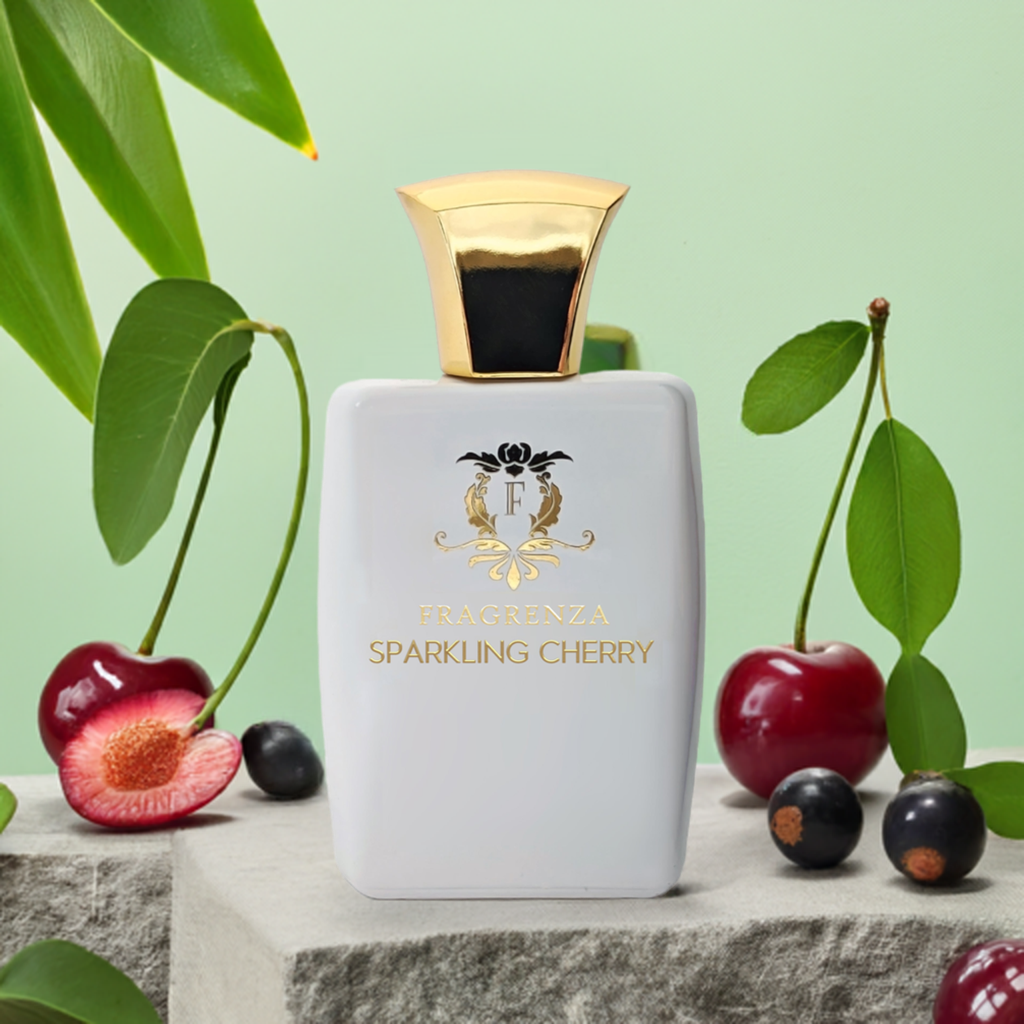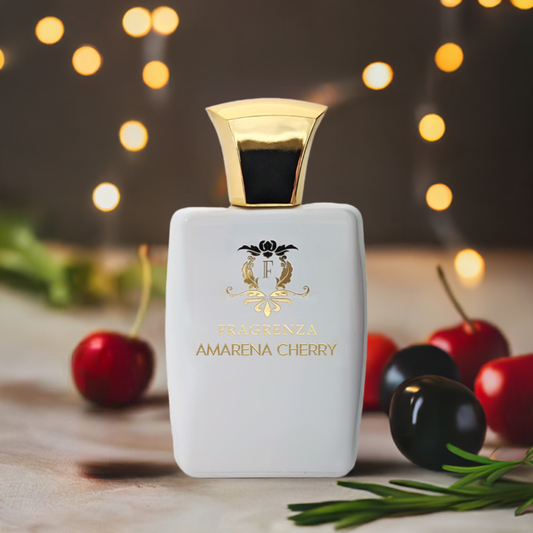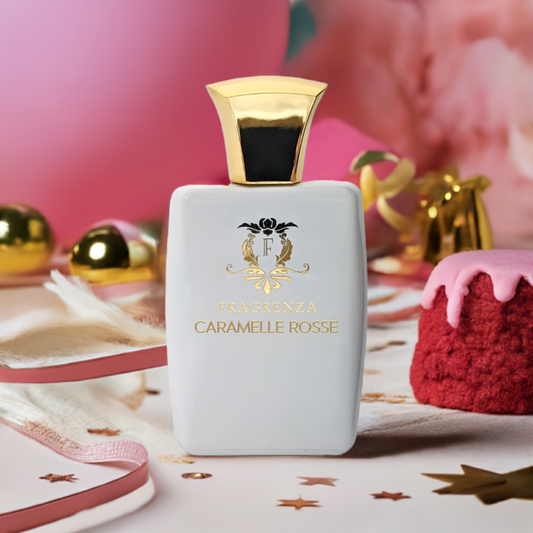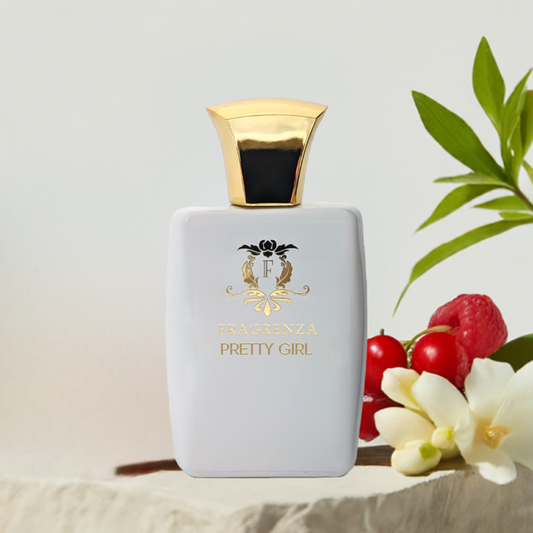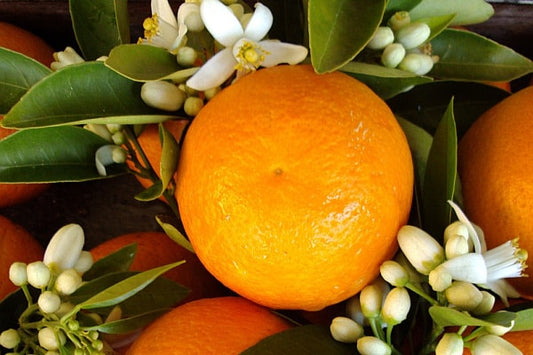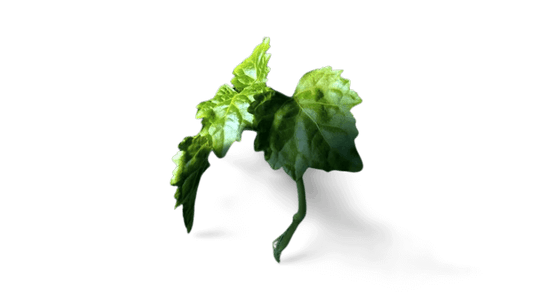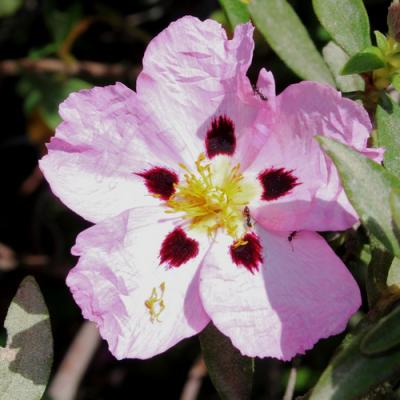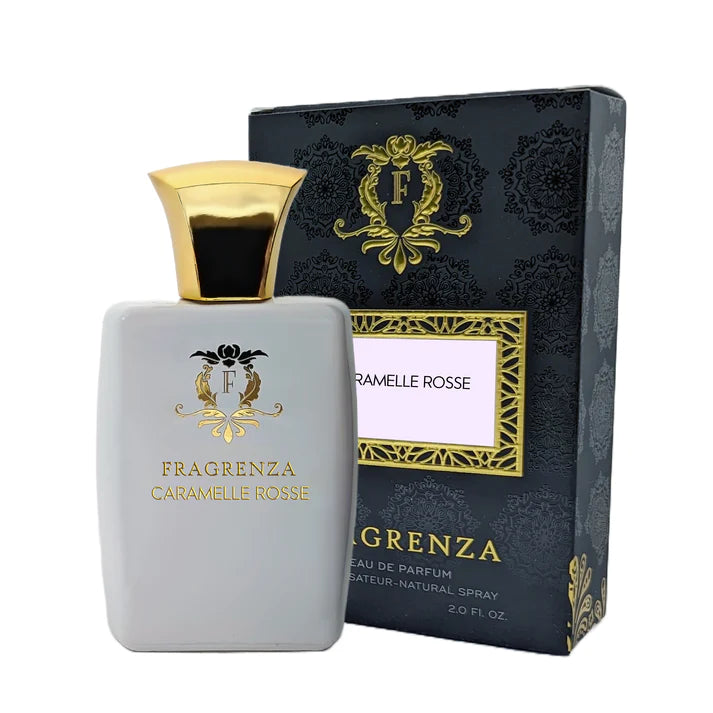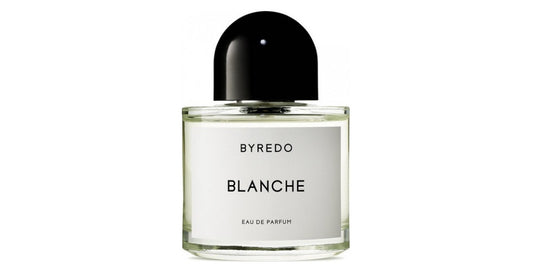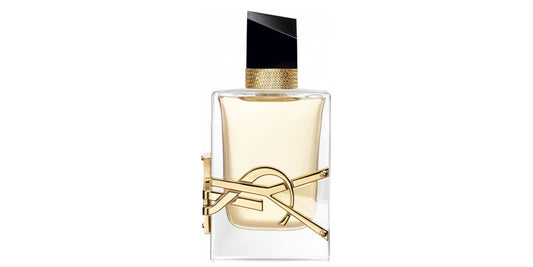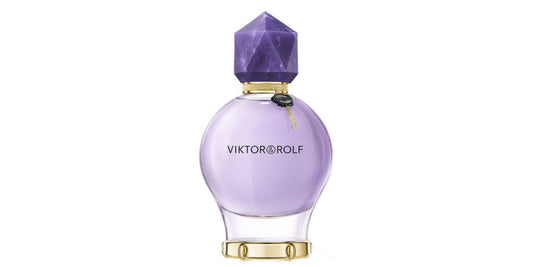Lovage in perfumery
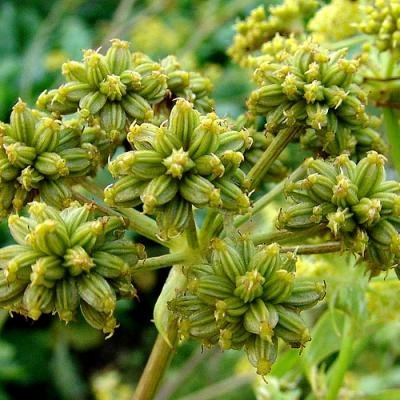
In This Article
Lovage essential oil, boasting numerous medicinal properties, brings delightful tangy notes to fragrances and contributes to the creation of a well-known perfume molecule: coumarin.
Lovage: A Versatile Aromatic Plant
Lovage, primarily utilized by Benedictine monks in the 9th century, was highly praised by Charlemagne for its multitude of virtues.
In the Middle Ages, lovage served as both a culinary aromatic condiment (still widely popular in Moldovan and Bulgarian cuisine) and a soothing remedy for ailments such as ulcers, boils, and renal colic. Steeped in legend, lovage, like its cousin celery, was also believed to be a key ingredient in the secret composition of love potions!
With the advent of essential oil production, lovage earned its place among herbal remedies and natural raw materials used in perfumery. Although rarely used directly, lovage plays a crucial role in the creation of a well-known molecule in perfumery due to its active ingredients: coumarin.
Lovage's Role in Perfumery
Lovage, as a distinct note in perfumery, is explicitly mentioned in a single fragrance: Sel de Vétiver by The Different Company. Launched in 2006, this unique spicy woody scent features hints of lovage in the base, combined with iris and vetiver. Furthermore, the term "sel de vétiver" might remind us that lovage is a raw material used in creating celery salt, an ingredient found in the well-known Maggi broths.
It appears that lovage's scent capabilities are often overlooked, even though it is widely used alongside other aromatic plants (such as true lavender and Chinese cinnamon) to create a popular note in perfumery: coumarin. Coumarin, a foundational element in numerous fougère and oriental fragrances, is a synthetic molecule that relies on active ingredients present in lovage.
So, if we consider the potential creation of the coumarin note through lovage, many fragrances could secretly carry the lovage note under the guise of coumarin. It's time for this underappreciated cousin of celery to receive its due recognition and for the perfume world to savor the zesty and fresh facets of the delightful lovage note.
